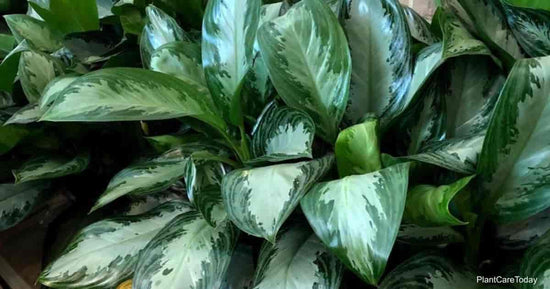Many of us with a green thumb look forward to the growth we're promised from fertilizing our plants. Spring and summer push out robust leaves and strengthen the plant's health. Fall, on the other hand, is a time when fertilizing should actually stop for your indoor green companions. Let's explore a few reasons why this practice has a preferred timeline:
Growth Slows During Fall and Winter
Fall naturally signals a change in the growth cycle for many plants, even indoors. This means plants shift into reduced growth and energy conservation until spring returns. Treating them with fertilizer during this rest period is disruptive and even damaging.
Risks of Over-fertilization
Some soils contain a small amount of slow-release fertilizer. On top of the last feeding you gave them this summer, there is a risk of over-fertilization if you continue treatments. Excess nutrients in the soil can harm your plants by throwing off the ratio of nutrients, causing malabsorption, and even burning the roots or leaves.
Soil Buildup
Continuously fertilizing your indoor plants can lead to a buildup of salts and minerals in the soil. This buildup can be detrimental to plant health, especially as we head into winter when mistakes like over-watering and under-watering are already common. Buildup in the soil affects plant health and the roots' ability to absorb water and nutrients.
Saves Time and Resources
Lastly, ceasing fertilizer treatments indoors is a practical choice that can save you time and supplies. Fertilizers can be costly! Take a break and save the effort for when Spring returns, around early April.
While it’s tempting to continue your regular fertilization routine year-round, it's best to allow your plants to naturally adjust to their seasonal changes, promoting long-term health and well-being. Give your indoor collection the break it deserves this fall, and you'll see it thrive when the growing season returns.





